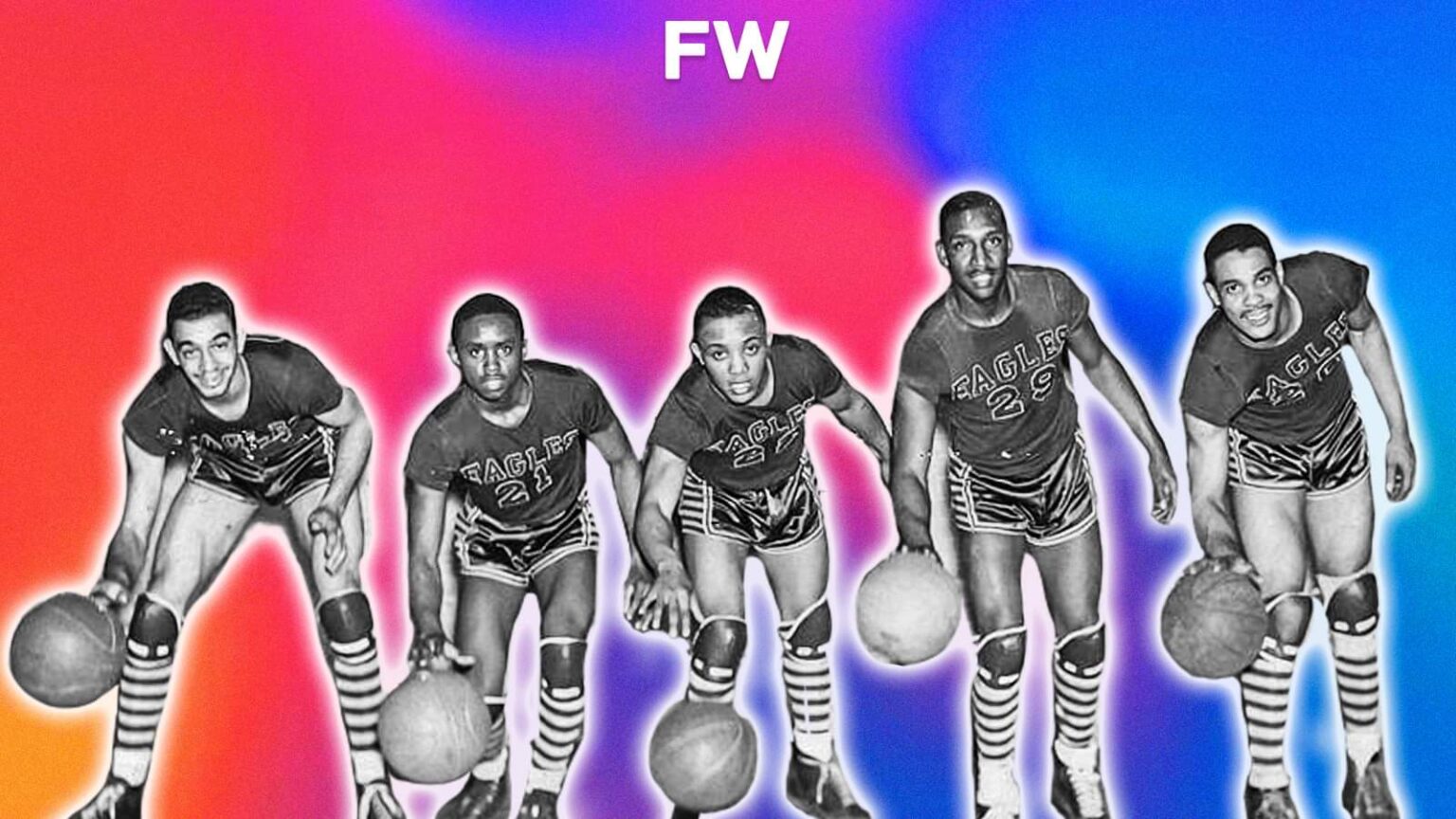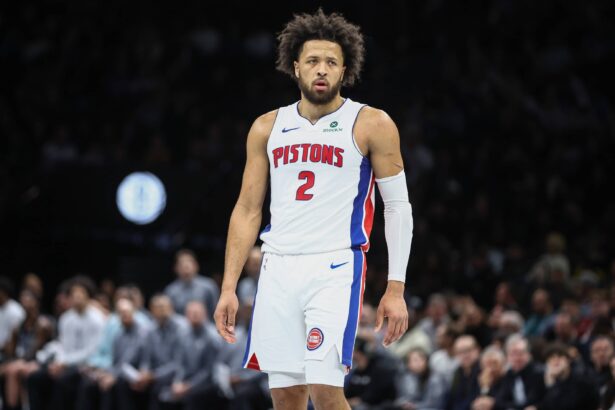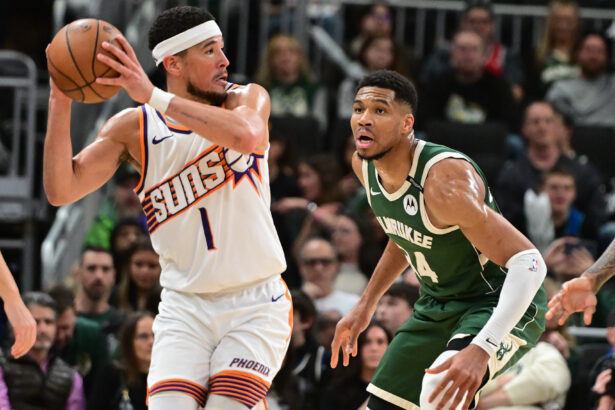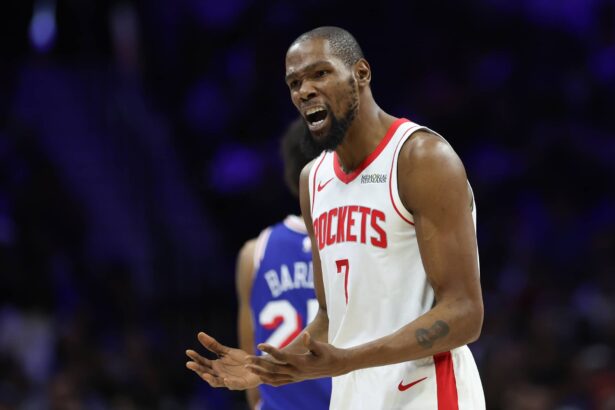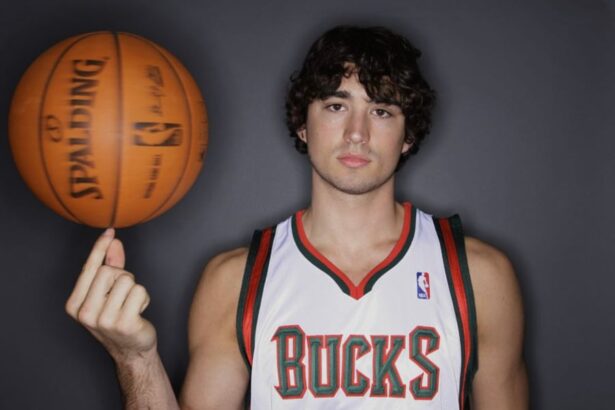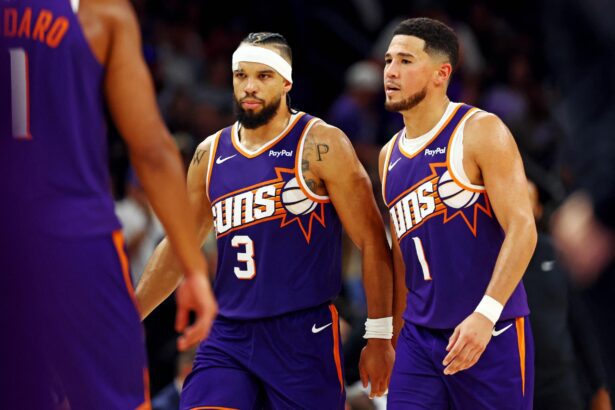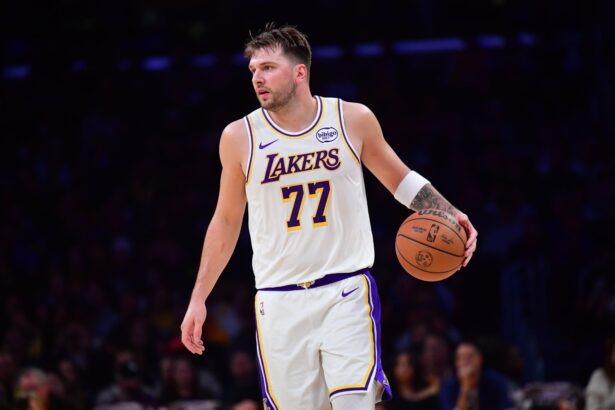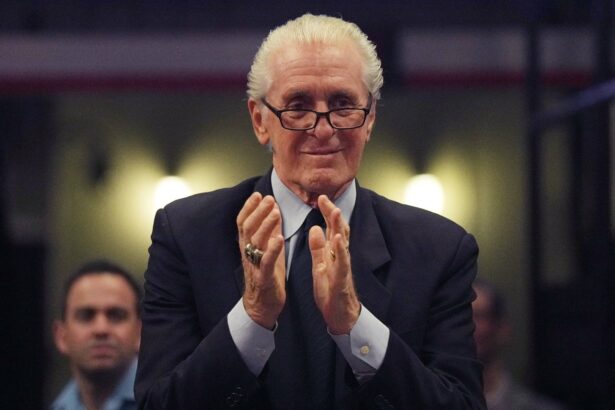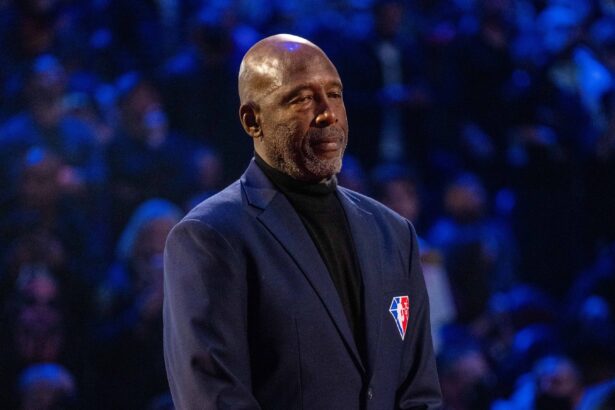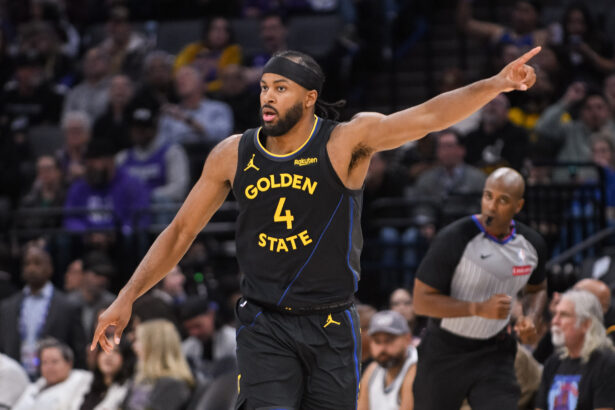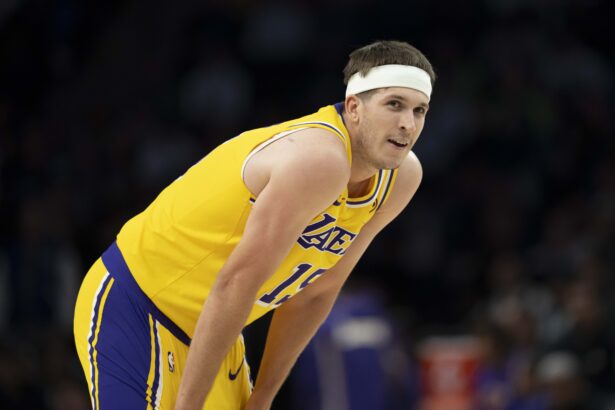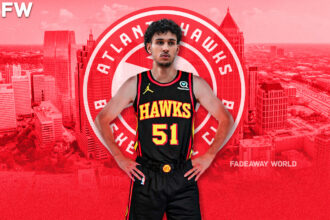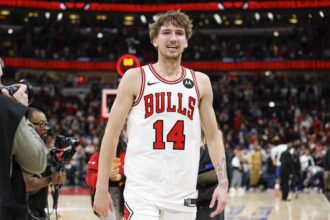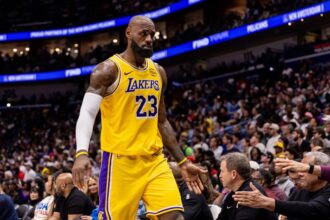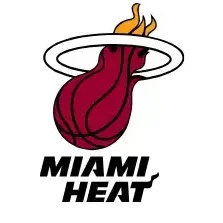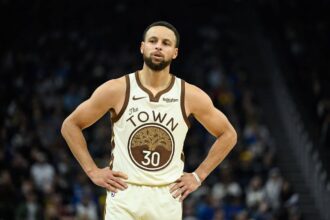Today, the NBA is filled with players of all races, ethnicities, and cultures. The NBA is a league that champions equality, and they promote it exceptionally well.
This wasn’t always the case, though. The NBA didn’t have a person of color play in the league until 1947, when Wat Misaka, a Japanese-American, played for the New York Knickerbockers.
This was only a year after the league debut, but Misaka wouldn’t last long as New York cut him because they had “too many” guards. Most believe racism was behind Misaka being cut.
The first Black players didn’t debut until 1950, when Chuck Cooper, Earl Lloyd, and Nathaniel “Sweetwater” Clifton entered the league. Now, the NBA wasn’t the only basketball league that struggled to allow players of other races to play with white players.
College basketball was no different. In 1944, Jim Crow ruled the southern states of America. There were Black schools, and they were not allowed to play against white schools.
On one night in 1944, there were two teams that broke the rule. This would be known as the “secret game.”
The Secret Basketball Game
When it comes to men’s college basketball, one of the most dominant teams of 1944 was the North Carolina College for Negroes. The team only lost one game all season long (19-1), and if allowed, they would’ve had a great shot at winning the NCAA tournament.
The problem was, Black schools were not allowed to participate in the NCAA tournament. For the white schools, Duke University won the Southern Conference championship in 1944, but they were not considered to be the best team at Duke, Unfortunately.
Duke’s medical school team was looked at as being the best team on campus, and the team wanted to see if they were the best team in Durham, North Carolina. At the same time, John McLendon, the head coach for the North Carolina College for Negroes, wanted to have his team prove they were the best.
Coach McLendon was upset that his team didn’t have the opportunity to play in an NCAA tournament, so he wanted this to be his team’s championship. The two teams secretly met at the Durham YMCA for prayer meetings, and this is where they set up the game.
These meetings, along with the game, put these players and the coaches at risk. At the time, if these two teams were spotted together, they would be arrested.
This didn’t stop the two teams from having their game to prove who was the best team in Durham. The game was held in the North Carolina College gym on Sunday, March 12, 1944. They chose Sunday since most of the town would be in church.
This wasn’t just no ordinary pickup game; Coach McLendon made sure everything was legit for the game. They had a referee and a game clock to make this feel like a real game.
Once the two teams were at the gym, Coach McLendon locked the doors. Thus, the first interracial college basketball game occurred. What made this game even more special was it occurred three years prior to Jackie Robinson’s debut with the Brooklyn Dodgers in Major League Baseball.
For the game, North Carolina College would play a strategy that the basketball world would not see until decades later… The fast break. The Duke’s medical school team had no answer for the fast break, which Coach McLendon implemented.
The final score was 88-44 in favor of North Carolina College. The two teams decided to play one more game, and this time they mixed the teams and made it a shirts vs. skins game. This would have been a huge violation of the South’s Jim Crow laws.
This event was special. Two teams, different races, and one love of basketball. The courage for these two teams to meet up and play can not go without being said.
Coach John McLendon, who came up with the idea of the game while introducing the fast break style of offense, should be praised for his courage and his basketball intelligence.
This courage led to the famous secret basketball game you’ve probably never heard of, but you’re now glad that you did.
We sincerely appreciate and respect you as a reader of our site. It would help us a lot if you follow us on Google News because of the latest update.
Thanks for following us. We really appreciate your support.

